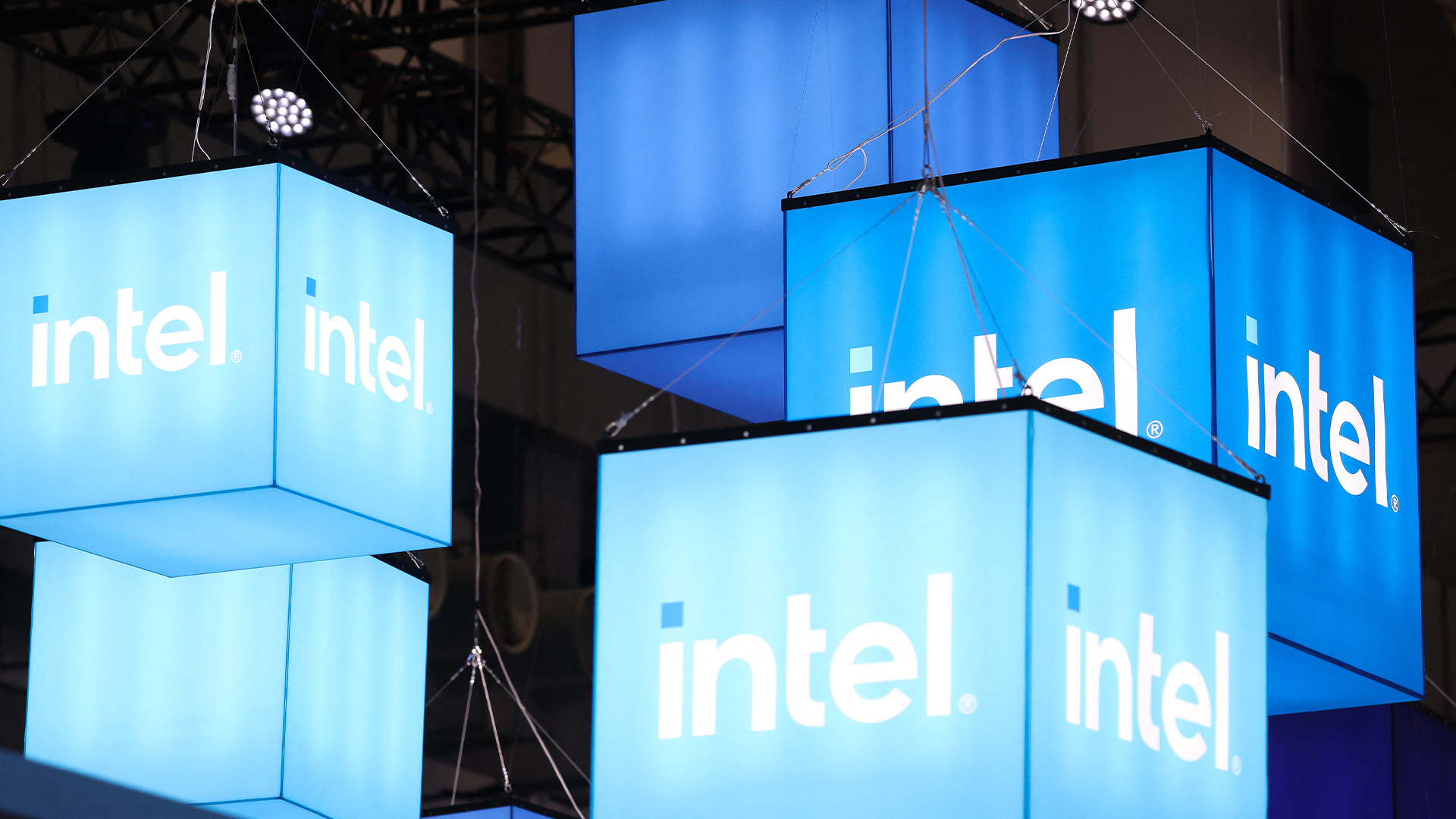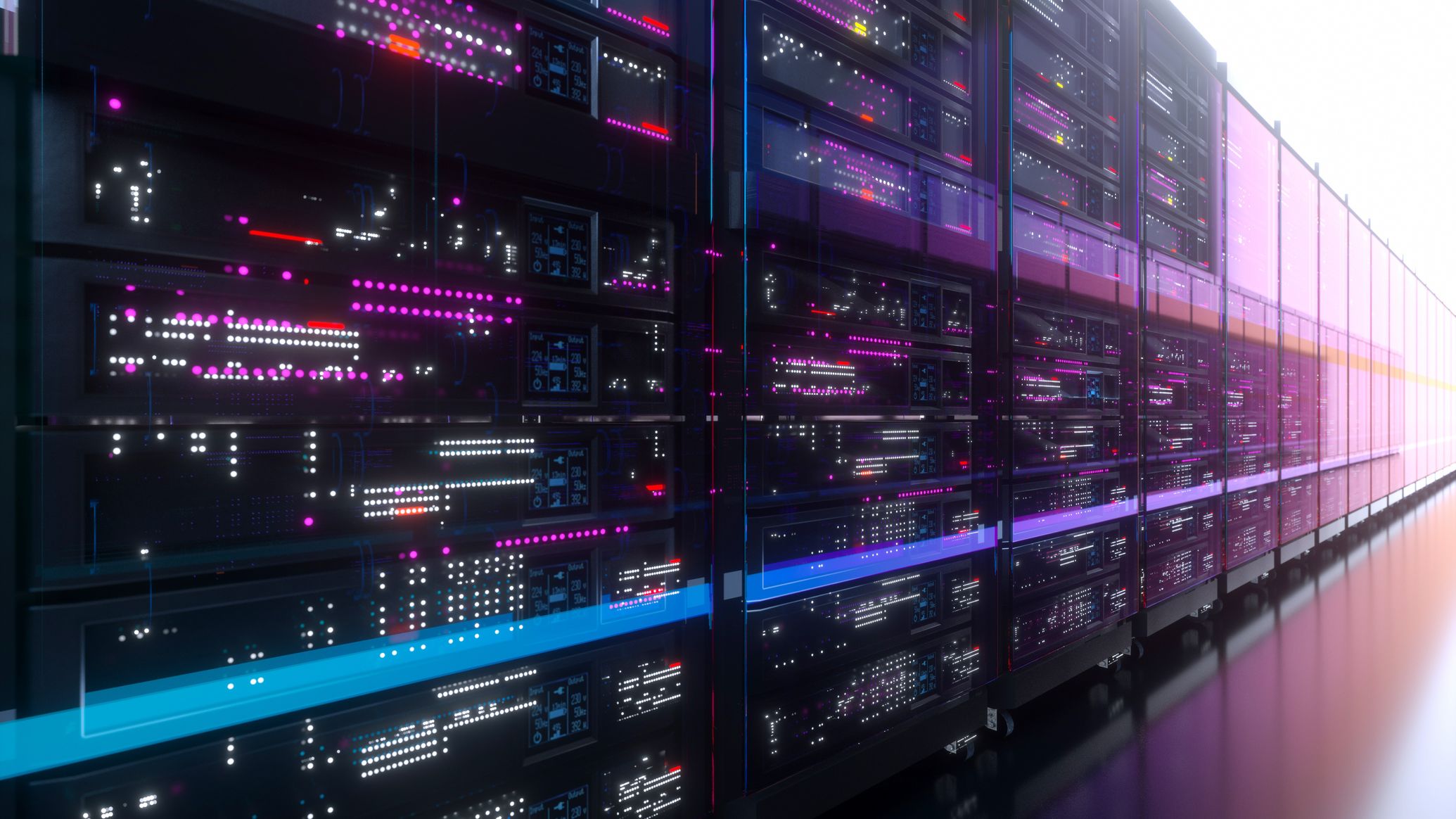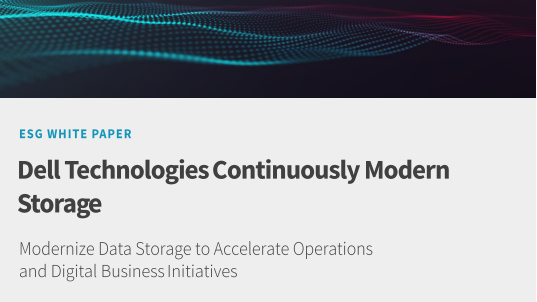Security: Year in review 2010
It's been a huge year for the security industry. We look back at some of the biggest moments of 2010.


It has been a monumental year for cyber security, perhaps the most significant 12 months ever.
The entire sector has grown in prominence both within the IT industry and outside. There have been some truly watershed moments, from serious political moves to giant acquisitions.
There is little doubt about it 2010 will be ingrained in the memory of many security professionals for some time to come. We take a look back at the biggest moments.
Getting political Cyber warfare emerged as a massive issue this year. Before 2010, governments had barely touched on the issues at hand, at least not openly. But a hack on Google thought to emanate from China became well-publicised at the beginning of the year and things started to heat up.
And then the most sophisticated piece of malware ever seen was detected. After it was spotted by a relatively unknown company from Belarus named VirusBlokAda, Stuxnet emerged as no ordinary threat. Not only did the creators manage to empower it to exploit four zero-day vulnerabilities, Stuxnet could manipulate programmable logic controllers (PLCs).
Basically, it had the potential to mess around with industrial controls. Interestingly, many of the infections were found to be in Iran, which led some to speculate that the malware had been created by a nation state. Indeed, this now looks likely, as Iranian officials even admitted the country's critical infrastructure had been targeted by Stuxnet.
It is yet to be determined if Stuxnet managed to cause any real-world damage, although a German expert recently told the Jerusalem Post the malware had put Iran's nuclear programme back by two years.
Get the ITPro daily newsletter
Sign up today and you will receive a free copy of our Future Focus 2025 report - the leading guidance on AI, cybersecurity and other IT challenges as per 700+ senior executives
The ripples Stuxnet made seemed to lead to a shift in the mindsets of politicians across the globe. In the UK, the Government announced additional funding for fighting cyber crime and ranked it alongside terrorism, chemical attacks and natural disasters as one of the biggest threats to the nation.
Meanwhile, GCHQ director Iain Lobban warned that the country's critical infrastructure was at threat from a cyber attack.
Cyber threats and political motivations had been intertwined for years, but only in 2010 did this become so startlingly clear.
Tom Brewster is currently an associate editor at Forbes and an award-winning journalist who covers cyber security, surveillance, and privacy. Starting his career at ITPro as a staff writer and working up to a senior staff writer role, Tom has been covering the tech industry for more than ten years and is considered one of the leading journalists in his specialism.
He is a proud alum of the University of Sheffield where he secured an undergraduate degree in English Literature before undertaking a certification from General Assembly in web development.
-
 Asus ZenScreen Fold OLED MQ17QH review
Asus ZenScreen Fold OLED MQ17QH reviewReviews A stunning foldable 17.3in OLED display – but it's too expensive to be anything more than a thrilling tech demo
By Sasha Muller
-
 How the UK MoJ achieved secure networks for prisons and offices with Palo Alto Networks
How the UK MoJ achieved secure networks for prisons and offices with Palo Alto NetworksCase study Adopting zero trust is a necessity when your own users are trying to launch cyber attacks
By Rory Bathgate
-
 Accelerating business modernization
Accelerating business modernizationModernizing your infrastructure with the right servers can accelerate business transformation, enhance security, and future-proof your organization for tomorrow’s challenges
By Rene Millman
-
 Intel layoffs to hit 15,000 roles as falling revenue and poor returns on AI bite
Intel layoffs to hit 15,000 roles as falling revenue and poor returns on AI biteNews CEO Pat Gelsinger announced news of the Intel layoffs following a recent earnings call
By George Fitzmaurice
-
 Sustainable business starts with sustainable IT infrastructure
Sustainable business starts with sustainable IT infrastructureWhitepaper Reduce energy consumption without sacrificing performance with Intel and CDW
By ITPro
-
 Winning the data-centric digital business in this decade
Winning the data-centric digital business in this decadeWhitepaper Discover more about Dell’s adaptive, secure, and resilient portfolio for the digital business and win in this data-centric era
By ITPro
-
 Intel and Dell secure deal to build a digital twin of a UK fusion power plant
Intel and Dell secure deal to build a digital twin of a UK fusion power plantNews The simulation will be critical for meeting the ambitious goal of delivering fusion energy to the UK’s energy network in the 2040s
By Richard Speed
-
 Continuously modernize storage
Continuously modernize storageWhitepaper Modernize data storage to accelerate operations and digital business initiatives
By ITPro
-
 Intel pitches new 4th Gen Xeon chips as its "most sustainable" data centre processors
Intel pitches new 4th Gen Xeon chips as its "most sustainable" data centre processorsNews The chip giant suggested the launch of the 4th Gen Sapphire Rapids processors marks a turnaround in its recent history
By Bobby Hellard
-
 Intel unveils Max Series chip family designed for high performance computing
Intel unveils Max Series chip family designed for high performance computingNews The chip company claims its new CPU offers 4.8x better performance on HPC workloads
By Zach Marzouk